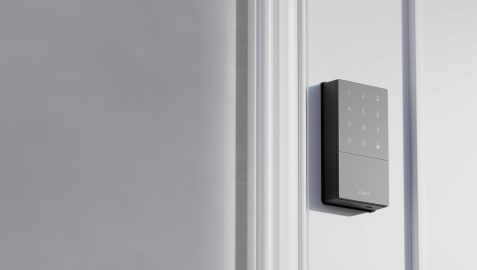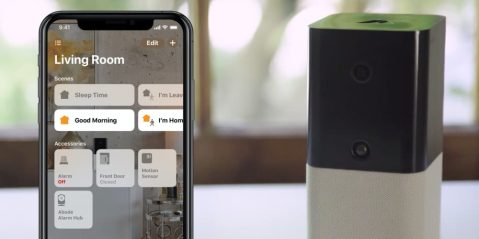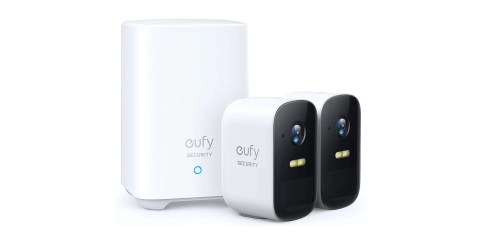
I’ve been interested in what Apple is doing in the health industry for a while now. I love reading stories about people using Apple Watch to get healthy, prevent accidents, and more. While I was at JNUC this past week, I got to spend some time with Lindsey Koshansky from Locus Health to hear how they are using the iPad in the healthcare field. They are heavily invested in the Apple and Jamf ecosystem, so I was eager to hear more about what they’re doing.
About Apple @ Work: Bradley Chambers has been managing an enterprise IT network since 2009. Through his experience deploying and managing firewalls, switches, a mobile device management system, enterprise-grade Wi-Fi, hundreds of Macs, and hundreds of iPads, Bradley will highlight ways in which Apple IT managers deploy Apple devices, build networks to support them, train users, stories from the trenches of IT management, and ways Apple could improve its products for IT departments.
Locus Health provides a remote monitoring and engagement platform that creates a connection between patients and their clinical care teams. When patients are sent home, they are customarily handed a notebook that requires data to be filled in manually. By the time the data reaches the medical team back at the hospital, it’s woefully out of date. I equate it to the difference of Nielsen ratings being automatic from something like YouTube TV versus manually filling in a notebook. In the medical field, timing is everything as well. By replacing a paper notebook with an iPad, the patients can fill in the data electronically, and it’s automatically sent back to the clinicians.
“It’s amazing to see the reassurance that comes when we can send families home with a solution that allows them to stay engaged with us from day one.” — Dr. Jeff Vergales, pediatric cardiologist, University of Virginia
The team at Locus Health designed the app itself in Apple’s Swift. From there, the iPads are provisioned with Jamf to be locked to the single app (sorry! No Netflix). By leveraging the iPad instead of paper-based products, they’ve improved patient care by measurable metrics. With use of Locus Health’s digital platform, they have lowered post-discharge ER visits by 40%, lowered the use of G-tubes by 65%, achieved an at-home mortality rate of only 0.8% compared to 5% nationally, a difference of more than 80%. They have also demonstrated a lowered total length of stay for each neonate sent home with Locus’ iPad solution by eight days, and infants gained full oral skills at a significantly faster rate of 12.2% prior to discharge compared to rising 57% at home.
Locus Health is also extremely excited about what’s on the horizon with the Apple Watch. While the FDA has not approved wearable medical technology for patients under 18, this is something that could change as the technology evolves. Apple also took notice of Locus Health and produced a video showing their solution in place.
Key benefits for patients
Patients and their families stay connected with healthcare providers while at home, but still view and monitor healthcare reports to receive secure communication. They can submit necessary data points in real time, upload vital signs, uploads photos, and share the data among multiple providers.
Key benefits for healthcare providers
Clinicians can receive data entered by patients and their families and use that information to make better decisions, thus allowing for greater efficiency of care. They can monitor a patient’s status at home and answer questions remotely, eliminating costly, unnecessary visits back to the hospital.
From an IT perspective, Locus Health uses Jamf to configure, monitor, and manage the iPads remotely. They use Jamf Setup and Jamf Reset to provision the iPads on the fly, depending on the type of patient and the care they need.

Wrap-up on Locus Health And Apple
A lot of new technology allows us to be entertained or stay in communication with others. With technology like Healthkit and Apple Watch set to transform how data is collected, we seem to be coming into a world where doctors will be able to make better decisions, and patients will be better informed. What a time to be alive.
FTC: We use income earning auto affiliate links. More.










Comments